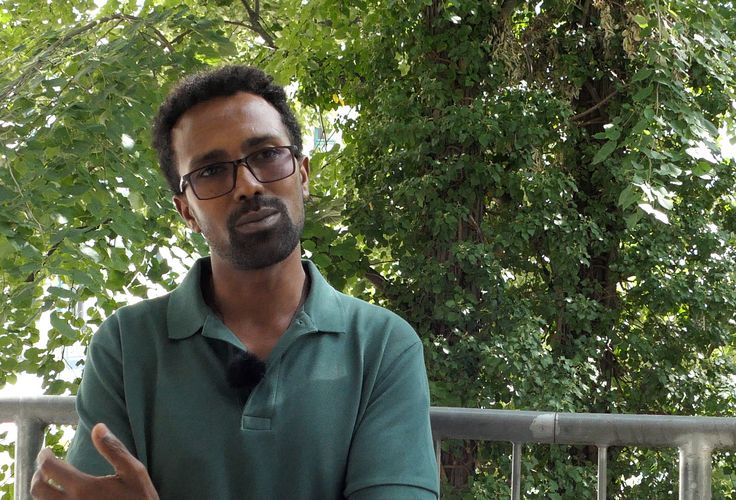Can you tell us more about your academic career?
Before joining this PhD program, I was a lecturer at two Ethiopian public Universities, Jigjiga University and Wollo University. I have a bachelor’s degree in Political Science and International Relations and a master’s in Peace and Security Studies from IPSS. This is the fourth year of my research.
What is your doctoral research about?
My dissertation is about the everyday resistance to civil war and especially how ordinary people are responding to the dynamics and effects of civil war. As you know, in Ethiopia, especially in the northern part, there was a two-year-long civil war which broke out in November 2020 up to the cessation of the hostilities agreement in Pretoria, South Africa, by November 2022. I study how the local population has been affected by the war and how they are coping with the dynamics and the effects of the war, their everyday experiences and resilience to the civil war. I take one particular area, which is in the northern parts of Ethiopia, as a case study. I'm analyzing how ordinary people were adapting to the dynamics and the effects of the war and what local agencies contributed to their resilience capacities amidst the scourge of war.
What specific theoretical lens are you using, and what is your methodological approach?
My philosophical assumption is based on the so-called critical peace research paradigm. In terms of research methodology, it is a qualitative research design, and more particularly, it's an ethnographic approach. I conducted three months of fieldwork in the conflict-affected area. I interviewed ordinary people and some local officials, not only from the government but also from civil societies. They narrate and tell their own story about their experience of the war. I have 106 interviews, three focus group discussions, and seven interviews with local government officials and civil society representatives. This ethnographic research gives you more empirical details about the research issue.
What do you think about the research environment here at GESI and Leipzig?
I should acknowledge my appreciation and thank GESI and Leipzig University for my opportunity here. It's a wonderful environment to study and do your research. I was in the write-up process of my research, and this visit just provided me with a conducive environment for this. It contributed a lot and also inspired me to study. The staff and the environment, the facilities, including the library, they all are fantastic. I enjoyed my stay here.
What do you think about the city of Leipzig?
Yeah, that's very nice. I think I just came at the right time because it is summertime, and I personally prefer this type of weather. Of course, the city is also a place to be. You can find people who are kind and supportive. The environment is also very encouraging. I really love it because it is very comfortable and provides the right environment for studying and living.
